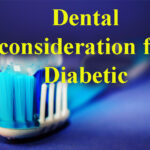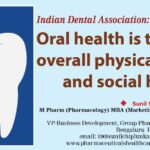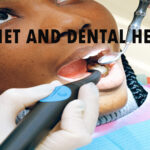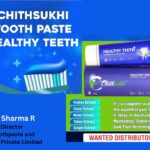Dental health concerns during pregnancy may have a great impact on the overall health. So if you are planning a baby through natural pregnancy or IVFs, it is mandatory for you to plan a good oral hygiene.
Did you know that an increase in oral infections are directly proportionate to low fetal birth rate? So if you are planning a baby through natural pregnancy or IVFs, it is mandatory for you to plan a good oral hygiene routine; this is to ensure that throughout the prenatal and postnatal phase, you won’t suffer from any type of oral diseases. A proper dental hygiene schedule allows you to consume your food of choice without any obstacles. Over 90% of pre-natal women develop dental problems post pregnancy amounting to formation of minor gum cavities, loss of tooth, bleeding gums to major loss of teeth.
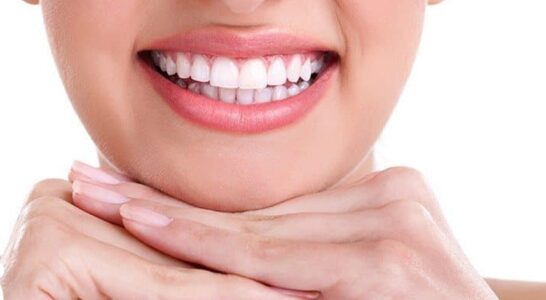

Many women lose teeth at the age of 40-45 years due to negligence or lack of dental care during pre and post pregnancy. As dental health is a crucial part of your overall health, the same way it is a vital part of your prenatal care thus paying minimal attention to oral health may have a great impact on the overall health. Pregnancy leads to hormonal changes which makes women prone to gum disease and cavities which in turn can affect the health of your developing baby. Below are a few points highlighting towards oral health concerns during pregnancy:
Dental Gingivitis:
Gingivitis or gum infections is a condition where the gums are inflamed resulting in bleeding, if left untreated can lead to serious gum diseases like periodontitis and loosening of teeth. Nearly 40 to 50% of pregnant women suffer with gingivitis, which makes it imperative to pay attention to any changes in your gums during pregnancy.
How can you prevent gingivitis?
Follow a simple dental cleaning process to avoid oral gingivitis. Make it a point to floss regularly and brush twice a day using fluoride mouthwash.
Morning Sickness (Acid Erosion):
Morning sickness comes with the territory of pregnancy. Gastric reflux (regurgitating food or drink) or the vomiting associated with morning sickness can cover your teeth with strong stomach acids.
How can you prevent morning sickness?
To minimize this, avoid brushing immediately after being sick. Use a mouthwash to rinse your mouth and wait at least 10-15 minutes before brushing.
Pregnancy and Diabetes:
Diabetes and pregnancy have a direct correlation to gum problems leading to chronic infections like gingivitis, gum inflammation or loosening of teeth in pregnant diabetic women. Women who have diabetes before they get pregnant need to tackle special health concerns. In addition to the new demands that a pregnancy puts on your mouth, it will also affect your blood sugar levels.
Precautionary steps for pregnant diabetic women:
Pregnant women with irregular blood glucose levels have a high risk of tooth problems and gum disease; thus, it is important for the mother to visit her general practitioner regularly in order to keep a track on Gestational Diabetes Mellitus (GDM) that can be identified through a few screenings and is a treatable condition.
Pregnancy Granuloma:
Don’t let the name scare you,despite being termed as tumor, these are not cancerous nor dangerous. They are lumps that form on the gums, usually between teeth caused because of too much plaque present on the surface of the teeth. Usually, these tumors go away if followed a thorough oral health regime. In rare cases they may need to be removed by a surgery post pregnancy.
Avoid Dental X-rays:
This is the most important factor to be taken into consideration during the first and second trimester as x-rays expose the unborn babies to radiations which can affect the outcomes. Request the doctor to provide a lead apron prior to undergoing any x-rays. Modern dental x-rays expose the patient to minimal doses of radiations, however they should be conducted with proper precautions.
How to take care of your oral health during pregnancy?
- Tell your dentist that you are pregnant and visit regularly for routine checkups to make sure your teeth and gums are in good health as an increase in hormones can make your teeth and gums extra sensitive.
- Use bland toothpaste and rinse your mouth out frequently if you are suffering from morning sickness.
- Don’t brush immediately after puking, gargle and wait it out and use a soft bristles toothbrush to clean.
- Avoid sugary snacks even if you are craving them as cavities are directly linked to what you consume.
- For a healthy set of teeth, maintain a diet rich in vitamin C, calcium and vitamin B12.
- Schedule an appointment after the delivery for a routine checkup.


Dr. Riddhi Rathi Shet
Managing Director at Orthosquare
Managing Director and CEO at Flexalign



